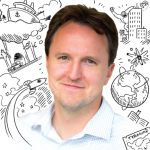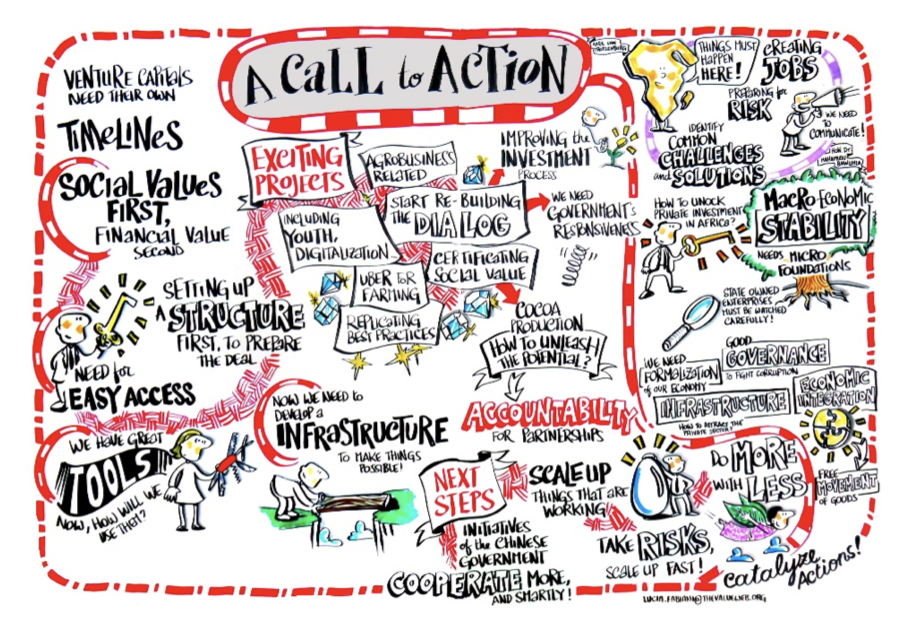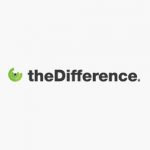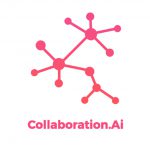Large group workshop agenda - example via World Bank Development Forum
This template serves as inspiration for those looking to deliver a session to a large group, where panel discussions, keynote speeches and breakout sessions may be included.
Created by theDifference Consulting



